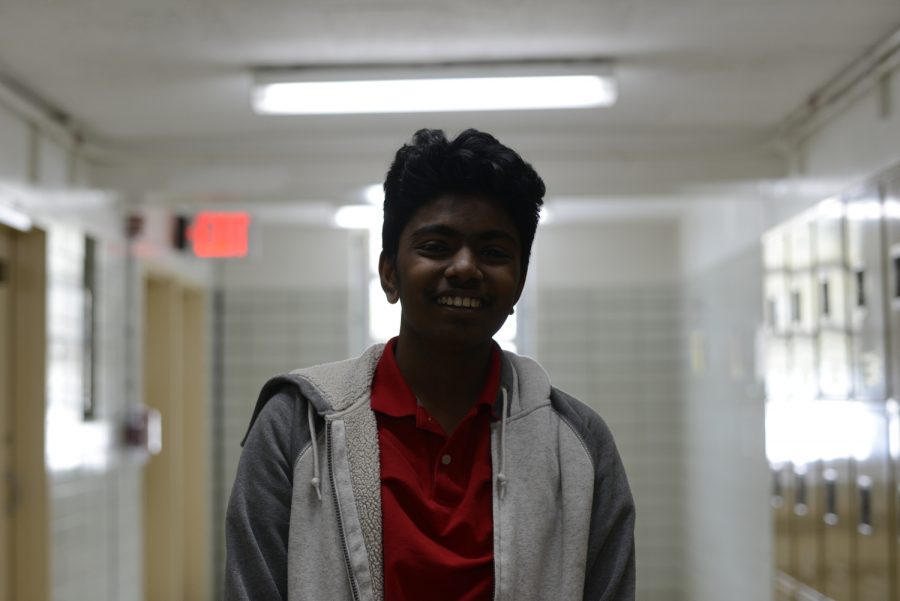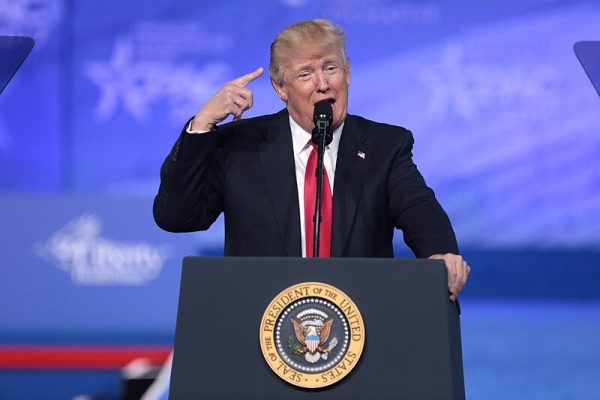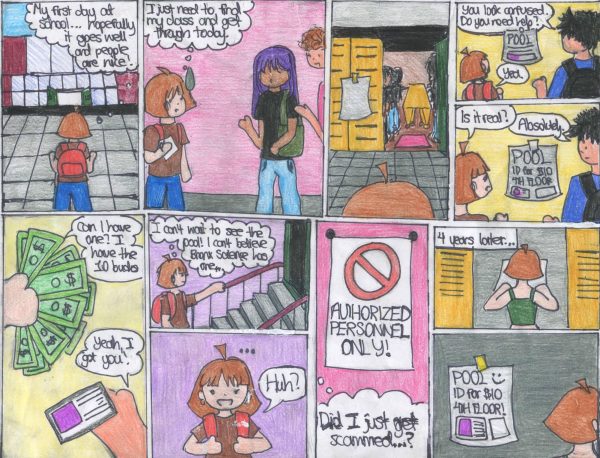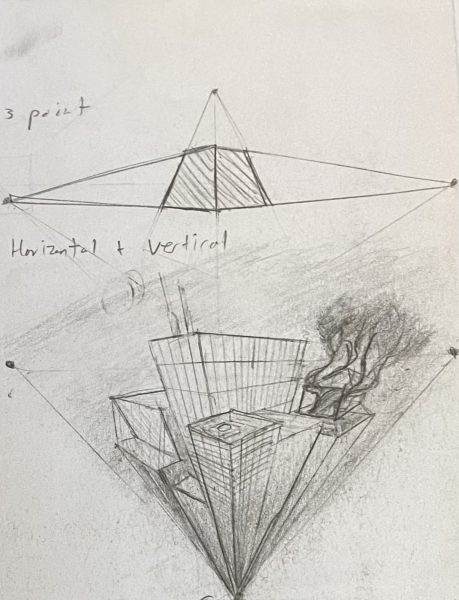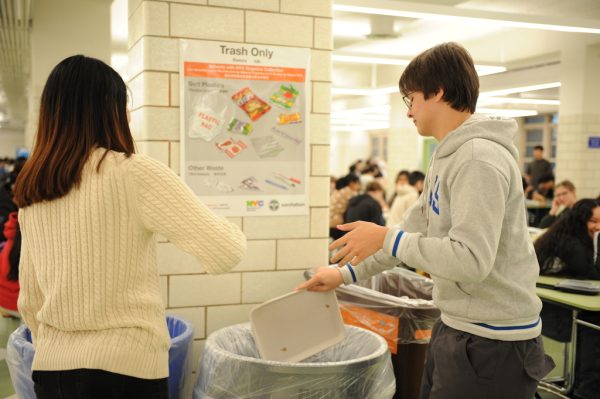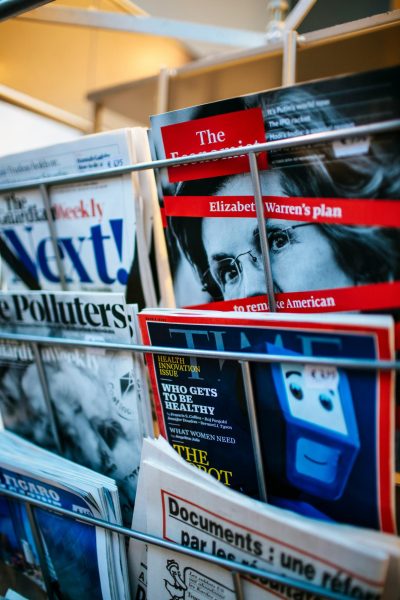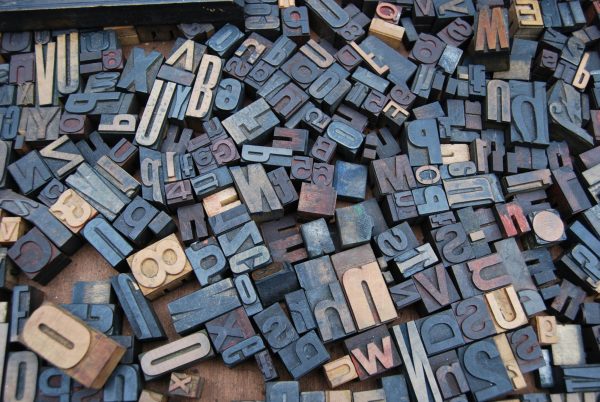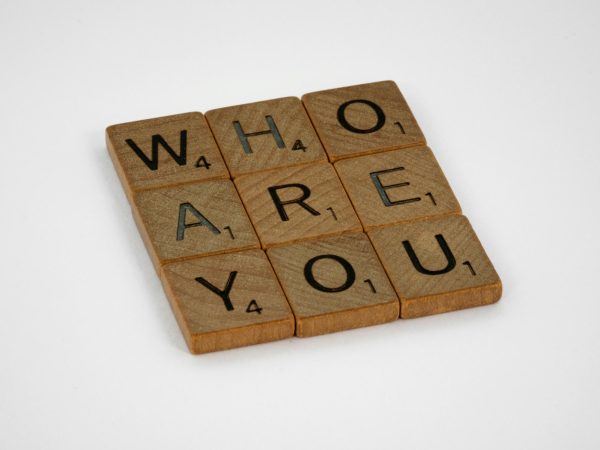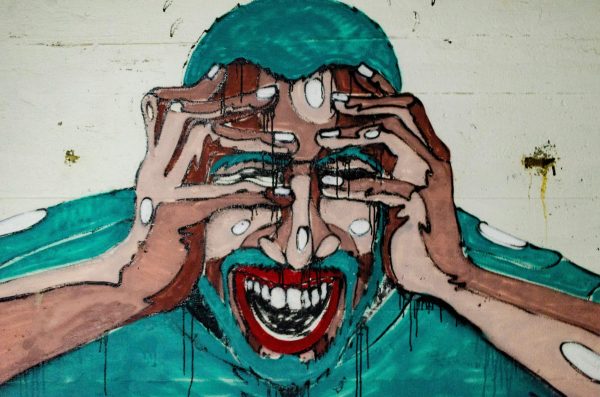A Not-So-Surprising Supporter
How Anti-Asian Racism Is Being Perpetuated in Comedy and Politics
Udhai Krishnakumar ’22 discusses his opposition to stereotypes used in society at large.
On September 12, 2019, Shane Gillis lost fans, and Andrew Yang lost supporters. Just two weeks before the start of the new season of Saturday Night Live (SNL), the seemingly joyful announcement of a new cast member, Shane Gillis, resulted in a multitude of questions from fans. Many brought up concerns about racism and its place in society when an old podcast of Gillis making anti-Asian jokes resurfaced. In this “secret podcast,” the comedian and his friend mimicked Chinese waiters while using vulgar language to criticize the food and the abundance of Asian restaurants in the country. In response, Andrew Yang, the Asian-American Democratic candidate for the 2020 presidential election, was quick to forgive Gillis’ remarks, initiating a backlash from the Asian-American community.
Although many are surprised to hear about Yang’s lack of concern for such racist comments, the candidate has had a history of promoting racial stereotypes throughout his campaign. He often goes by the slogan, “Make America Think Harder,” otherwise known as MATH, to challenge sitting President Donald J. Trump’s slogan, “Make America Great Again.” He makes stereotypical jokes about the Asian community to build up his campaign. In the instance of MATH, he calls himself an “Asian man who likes math,” since Asians are associated with being good at the topic. Yang’s stereotypical humor boxes a community of diverse minds into a simple group of doctors and engineers. Through the idea of Asians being the model minority, stereotypes directed at them falsely exhibit what they are “expected to be.” These misleading assumptions result in a misrepresentation and a distorted view of Asians and put pressure on the community to constantly perform better. “You should not be judged on how other people are,” said Udhai Krishnakumar ’22, “Stereotypes, like being good at math, make people expect you to be good at something that you may not be good at.”
“You should not be judged on how other people are,” said Udhai Krishnakumar ’22, “Stereotypes, like being good at math, make people expect you to be good at something you may not be good at.”
Yang’s actions also convey the idea that stereotyping your own race is acceptable, which is an opinion that many agree with. “If you stereotype your own race, then I think that it’s not racist because how can you be racist to your own race? These stereotypes have to originate from the truth,” said an anonymous student. On the contrary, targeting your own race undermines the efforts of leaders in your community to distance themselves from certain standards. With regards to Asian-Americans, the freedom of future generations to pursue their desired fields is a result of the long sufferings of Asians who entered the United States in the late 1800s. These immigrants, unable to stand up for themselves, were discriminated by society and their government through the signing of two immigration policies: the Chinese Exclusion Act of 1882, which barred the Chinese from entering the United States for ten years, and the Gentlemen’s Agreement, which obstructed the Japanese from immigrating to America. With the history of anti-Asian sentiment in the country, stereotyping and discrimination hinder efforts to eliminate the lingering anti-Asian sentiments that have been prevalent since the moment Asian immigrants have entered the country.
In the case of Shane Gillis, Yang’s stereotyping his own race and inability to establish the consequences of making offensive comments brings us, Asian Americans, back to square one. Although prejudice today is not as extreme as in the 1800s, “Asians are still not treated with the same privileges as the rest of society,” Suyee Chi ’22 said. Yang strikes out on one of the key points to reducing racial bias: future generations should not be casted into roles “conventional” to their race.
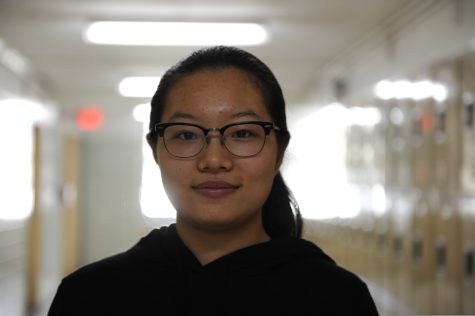
Suyee Chi ’22, aware of ongoing anti-Asian racism in American society as a whole, said, “Racist comments, hostile body language, and violent gestures are only a few things Asians have to face every time they are in a different community than their own.”
Now you may be thinking: “Yang is a politician. Is he not already breaking this standard image of Asians being more than mathematicians?” Although he is breaking barriers, he should be doing more. As a politician and one of the few well-known representatives of the Asian-American community, he has the potential to reach out to millions of Americans, yet he fails with every joke he makes about Asians, math, and doctors. When confronted about his comments, Yang replied that he did not view his jokes as encouraging stereotypes. He believes that by using such humor, Americans will be more reflective on the statements they make regarding Asians. His reasoning, however, was proven false with the exposure of the racist slurs made by Gillis and his friend during their “secret podcast.” As an Asian-American, I found that the way he expressed his feelings about Asians did not come across as humorous; instead, they felt hostile. It is transparent that Yang’s comments have not influenced Americans to change their stereotypical views of Asians. His constant quips about how all doctors and engineers are Asians are so common in American society that people rarely blink twice towards the biases they intentionally and unintentionally make.
As long as minority politicians fail to defend their communities, racism will prevail. For Shane Gillis and Andrew Yang, forgiveness should only be granted to those who learn from their mistakes, which will bring change to long-standing issues. For the world, stereotypes and racial slurs, no matter how comedic they may seem, are not helping to create a more accepting and racially-tolerant society.
Jillian Chong is an Editor-in-Chief for ‘The Science Survey.’ As a journalist, she loves that she has the ability to voice her opinions and inform...

